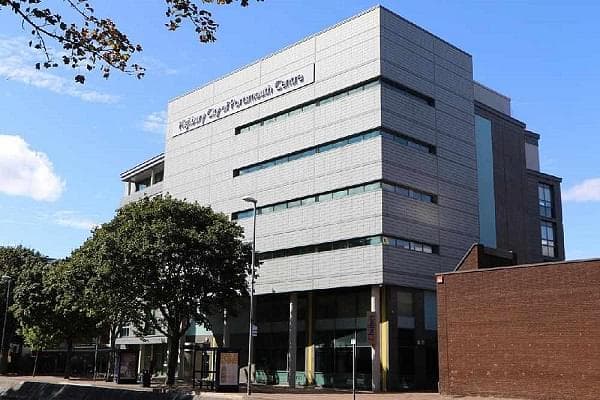

MEng Mechanical Engineering at University of Portsmouth
Portsmouth, United Kingdom
- Tuition Fee £ 19,200
- Country Rank-
- Duration48 Months
- Score IELTS: 6.5 TOEFL: 91
Program Overview
To meet the challenges of the engineering world, you'll study the design, development, modelling and operation of engineered products and systems. To establish your expertise in engineering, you'll get to specialise in subjects such as sustainable development, computer-aided engineering and computational fluid dynamics.
The MEng allows you to achieve a Master’s level degree with an extra year of undergraduate study, which can further enhance your career prospects. In the final year of your MEng, you'll complete an interdisciplinary project to get practical experience in the field, normally linked to the University's research and commercial activities, and explore complex topics such as energy systems, application of finite elements in solid modelling and structural integrity.
Cost Of Studying At University of Portsmouth
Interest rates as low as 8.9% *
250K+
Students Assisted
800Cr+
Loan Amount Disbursed
5000+
Loans Sanctioned